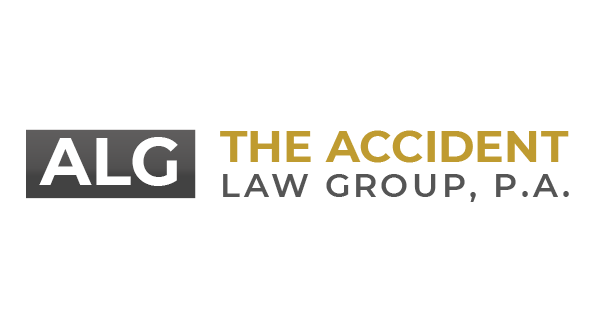People in Florida who encounter lead in the workplace are protected by standards set by the Occupational Safety and Health Administration. According to OSHA, there is a limit to the exposure a worker can have over an eight-hour period. There is also a limit at which employers are required to comply with certain safety standards.
Lead is far from a new workplace danger. In fact, a metal worker from the 4th century B.C. was found to have lead colic as a result of exposure to the metal. In 1977, lead was banned in paint for use in public and residential buildings. Leaded gasoline was phased out during the 1980s due to environmental concerns. However, the aviation industry uses lead in some types of aircraft fuel.
People in manufacturing, construction, transportation, recreation and a number of other industries may be exposed to lead. They usually take it in through breathing dust or fumes that contain lead. Inorganic lead may also enter the body through eating or smoking if a person’s hands or clothing are contaminated. Once lead is in a person’s lungs, it moves into the bloodstream and can cause organ damage. Anemia, kidney disease and gastrointestinal illnesses are among the issues caused by lead exposure. OSHA provides a number of resources on its website about lead exposure dangers and prevention.
A person who is injured in the workplace or who becomes ill as a result of toxic exposure may be eligible for workers’ compensation benefits. Employers are not permitted to discriminate against employees who file for workers’ compensation. This compensation can be important for employees and their families in covering medical expenses and lost wages, and a denial of a claim can be financially devastating. An attorney might be able to assist a worker in preparing documentation for an initial claim or in pursuing an appeal.



